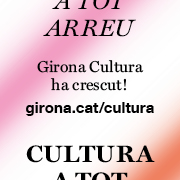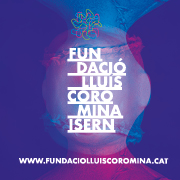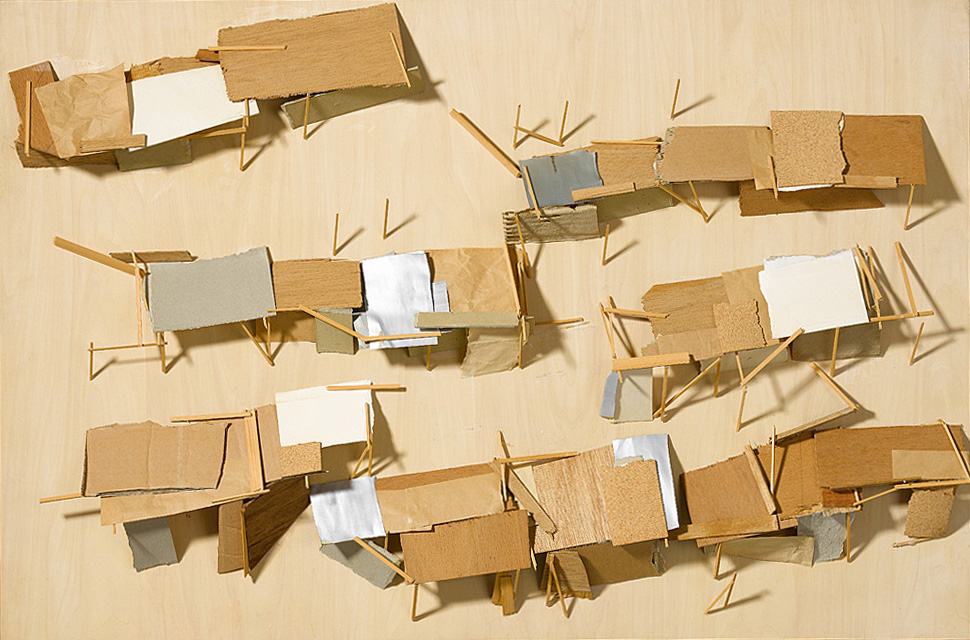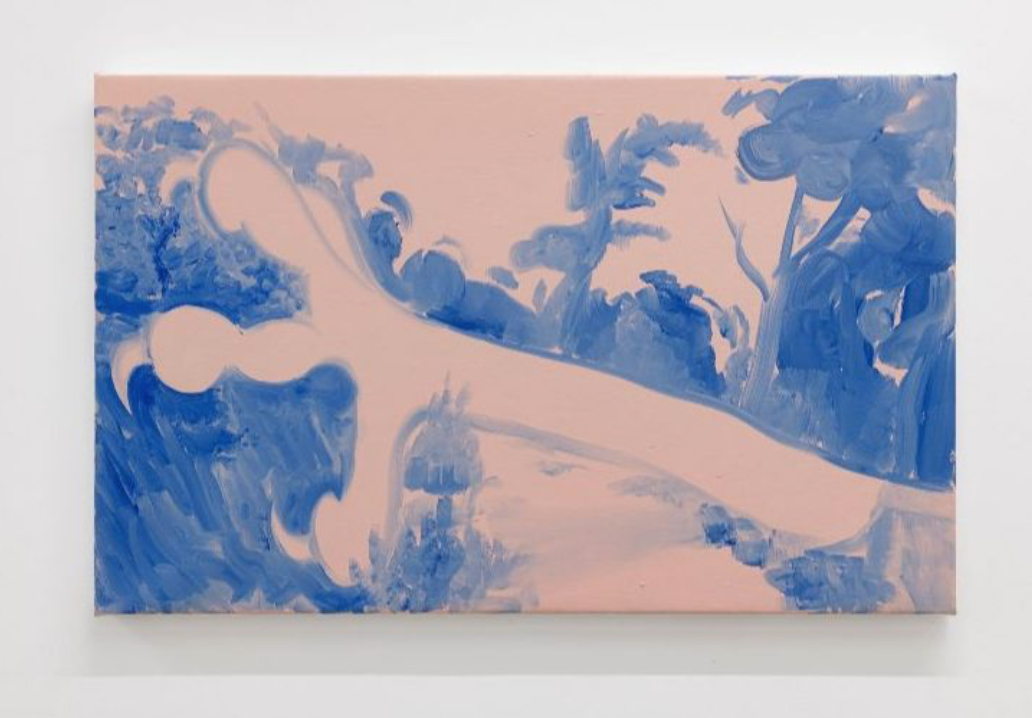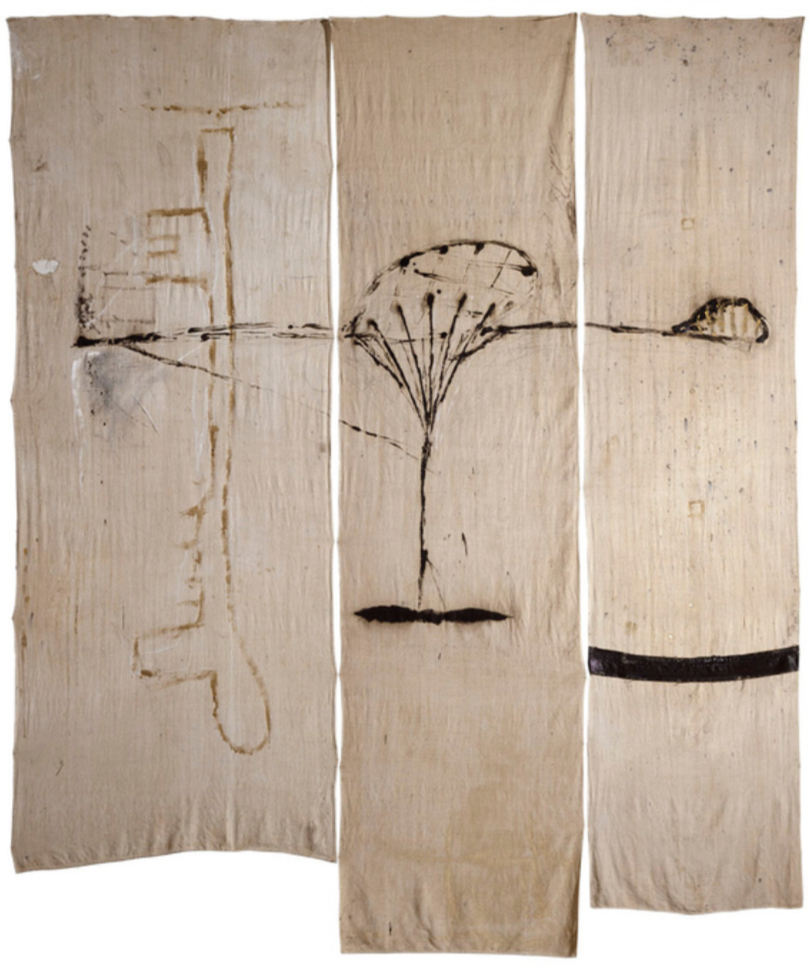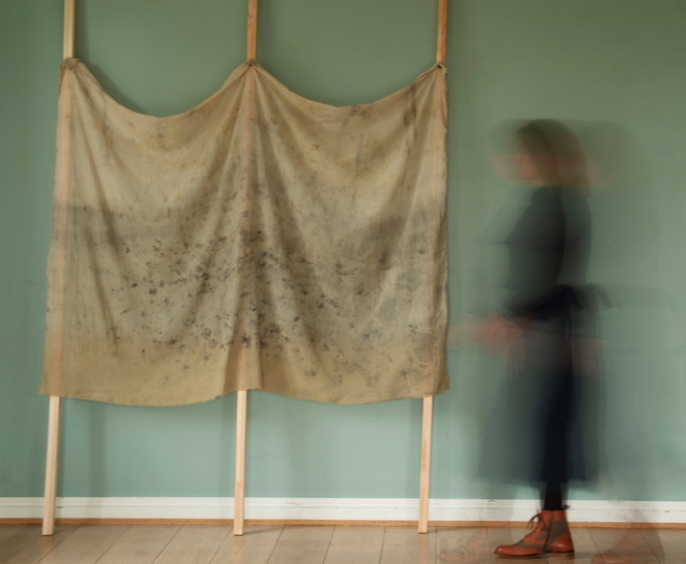interviews
Silvia Riva González. Minister of Culture and Sports of Andorra
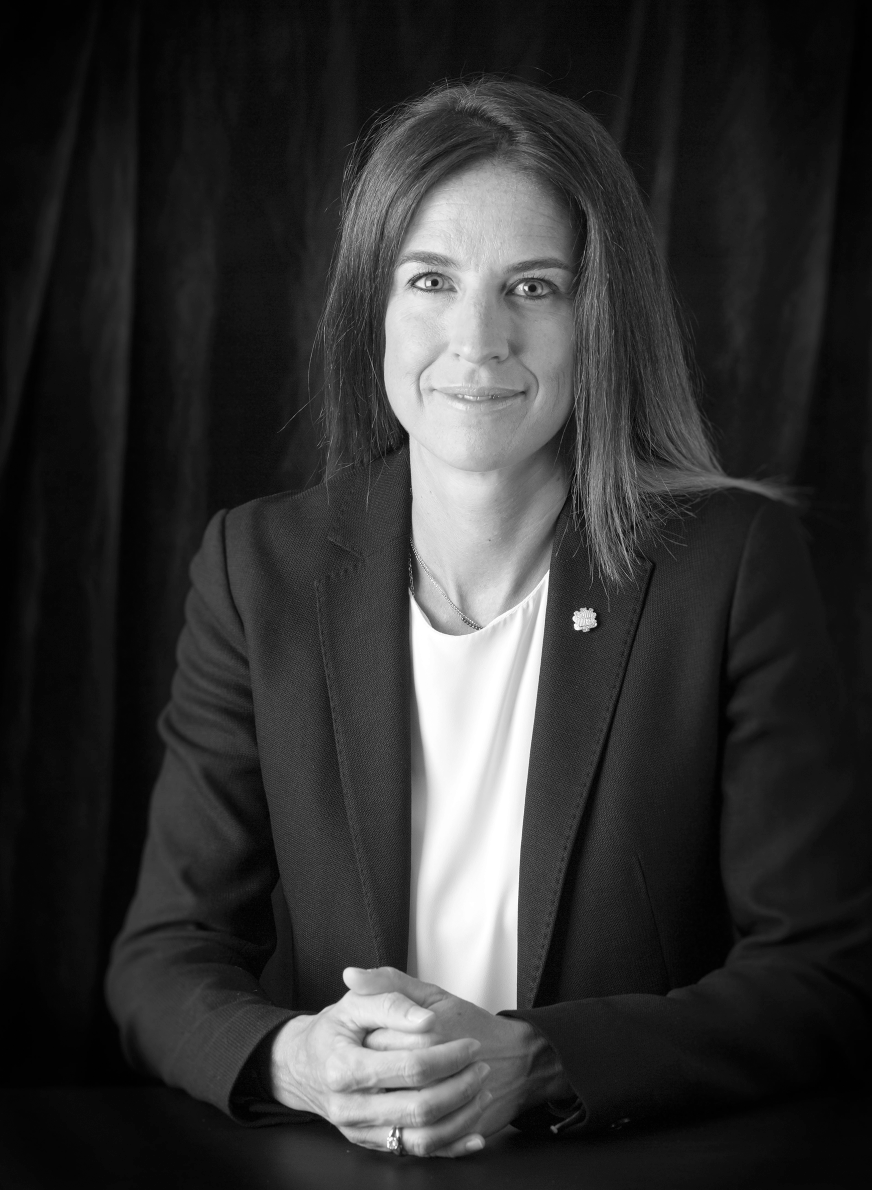
Sílvia Riva González (Andorra, 1979), with a degree in law and political science from the UPF and a master's degree in Andorran law, has been Minister of Culture and Sports since May 2019 in the executive chaired by Xavier Espot as Head of Government of Andorra The priorities with which he was presented in the elections included the preparation of a White Paper on Culture, already published, and a Strategic Plan, which is underway, to structure the cultural future of the country.
Why these priorities?
We wanted a paradigm shift in cultural management. The cultural sector had taken a big step and had become professional, a large number of cultural manifestations had emerged and there were a number of people who wanted to be professionally engaged in culture. We needed a white paper as a strategic project to promote our cultural fabric and, at the same time, manage the heritage of the language. The pandemic came but the cultural sector showed resilience and continued forward.
How is the white paper prepared?
It is done jointly with the Secretary of State for Equality and Participation. We wanted the cultural agent, the creator, the cultural company or the citizen consumer of culture to have their forum when it comes to contributing elements for change in cultural management. The process lasted fifteen months, with sectoral tables depending on the artistic discipline, and the White Book of Culture was published in 2021.
It was a first step.
Then work began to draw up the Strategic Plan. This document includes, up to 2030, actions that are implemented at the end of this term and others that are long-term.
They want a museum that claims the historical, artistic and cultural heritage of Andorra and that is a catalyst for the museum and cultural offer.
It was the second of the big projects with which we competed in the elections. The national museum is an installation that the country claims and it is true that the infrastructure part was postponed in the context of the pandemic, but it has continued to do a very important job: to prepare a historical account of the country, the most identity card There is a desire for the national museum to be rejoined on the political agenda in the next legislature and to develop, but much progress has already been made with the arrangement of the collections of our heritage and in the preparation of the historical account, that of the construction of the country that is Andorra today.
Has normalcy returned after the pandemic?
We have a stronger cultural fabric than we were aware of. With the motto Culture does not stop , programming spaces were created for all those events that had been cancelled. The Government, with the help of all the Commons, giving a message of institutional unity towards the sector, we gathered resources to be able to finance productions and cultural agenda. It is important that the productions we are working on are known beyond our borders, and in the white paper one of the strategic lines is that the sector must move towards internationalization.
How are the relations with the nearest states?
Very good. With the Minister Iceta we share points about the vision of the Statute of the Artist. It is currently being processed here in Andorra as a law proposal promoted by the five parliamentary groups of the chamber, with which it distills a consensus of the country's forces in regulating and improving the conditions of artists. With the region of Occitania there is a group that works very well and Cultura has integrated into it because in Andorra there is a very important root of French culture. We have also created a program together with Foreign Affairs where, through our embassies, we foster synergies between our creators and those of those countries.
And with Catalonia?
We think that the Ramon Llull Foundation, which brings together the Catalan-speaking territories and has many objectives, but mainly that of convening the Catalan Culture, Creation, Translation and Catalan Studies Awards, has more potential. We intend to reconnect to ratify Andorra's will that language and culture really be the leitmotif of the Foundation because, beyond political colors, there is the language and culture we share. With the appointment of the new director, Teresa Colom, we have agreed to develop a project that will not only explain the Catalan language and culture abroad, but that will be participated in all territories and where all variants of the language have their leading role. We are in permanent contact with Councilor Garriga and all the remaining Councilors of Culture so that this year's delivery of the Ramon Llull Awards will once again position this tool as important as the Foundation is to publicize the culture and language that unites us.
This year Andorra did not participate in the Venice Biennale.
Andorra values being able to be part of international projects and has just had a pavilion at the Dubai exhibition. We want Andorra to be present at the Venice Biennale, but it is also true that we need to find a satisfactory mechanism to participate in events of this level. The drop in project submissions alerted us and some mechanism had to change. A reflection was needed. It was thought appropriate to hold meetings with ex-biennalists and ex-commissioners and a new model has been redefined. The intention is to return to the Venice Biennale, but with better conditions.
The Andorra la Vella Art and Exhibition Center was an old claim.
It's a great goal. The Government had an agreement with the Municipality of Escaldes-Engordany to locate the Government Exhibition Centre, but the Municipality, we think wrongly, terminated the collaboration. The Government was reactive and the Comú d'Andorra la Vella quickly showed sensitivity. And not only did he make the space available, but he took charge of the expansion renovations. I invite you to see the exhibitions scheduled for this 2022 with national artists and references who give value to what we have and with whom to maintain a dialogue with the trends going around the world.
A lot of work has been done in the field of heritage.
In Andorra we have a lot of dry stone and a strong presence of Romanesque. This Romanesque heritage that we look after with such care is part of a transnational candidacy for Unesco World Heritage that Andorra is piloting with the French and Spanish ministries. It is the candidacy that explains Andorra as a co-principality through the immovable heritage of the different parishes and is presented together with the cathedral of La Seu d'Urgell and the castle of Foix. We have been highly valued for our multilateralism when working on heritage elements. What better way than to have the recognition of Unesco for a country without an army that coexists with its environment.
There is a lot of talent in Andorra.
Talent is made to circulate. The talent has to come out, work with other creators. We must export our culture to the world and also help the new generations at home. In the Strategic Plan, one of the lines is the census of artists, a format that allows other countries to know who our creators are and what they do. Being present in the catalog gives visibility.



